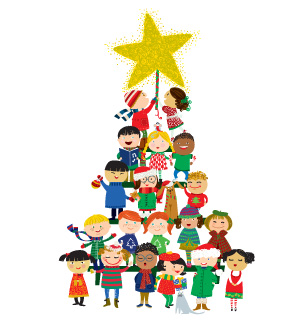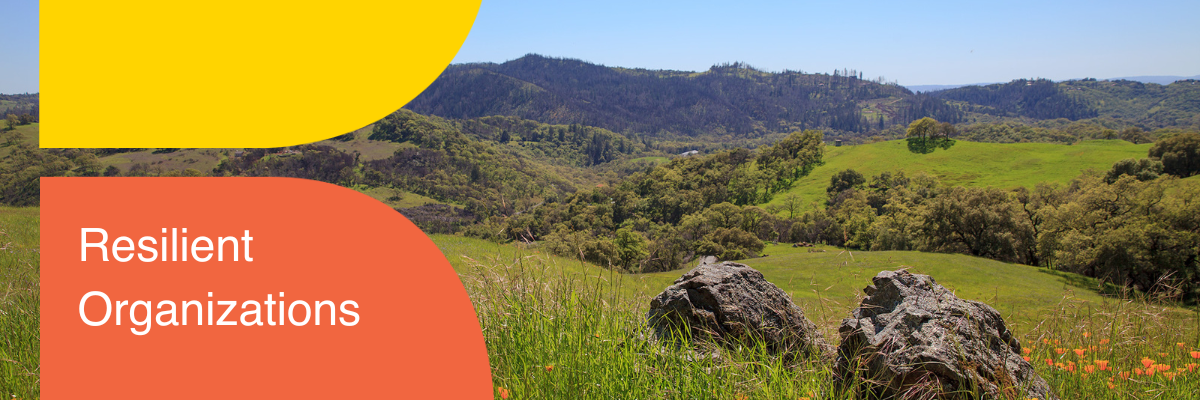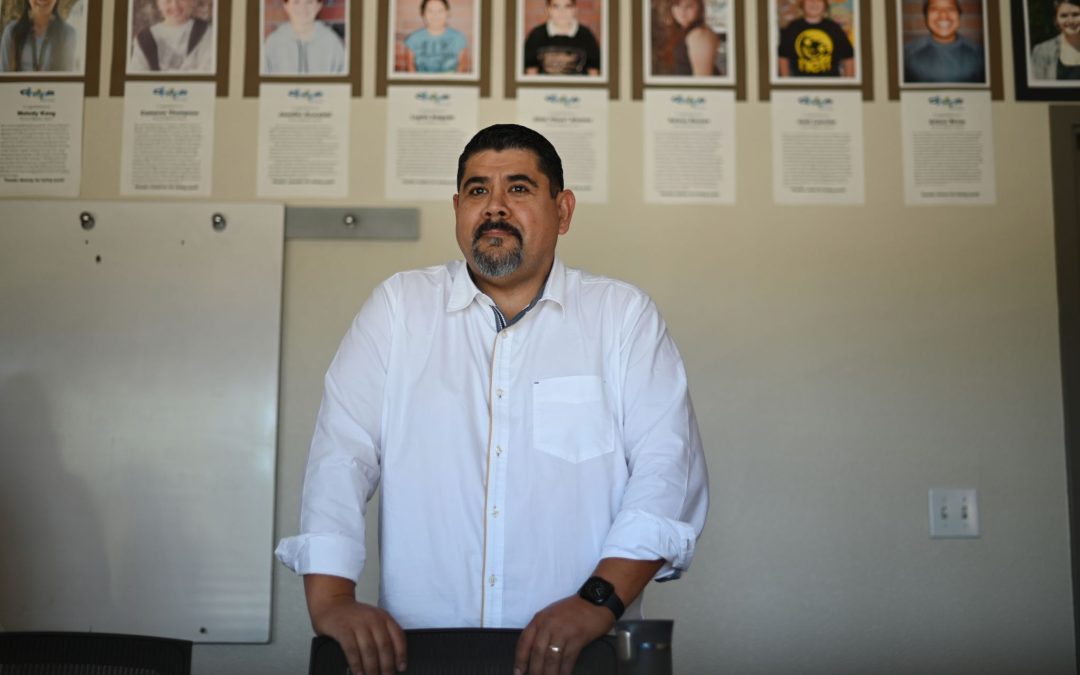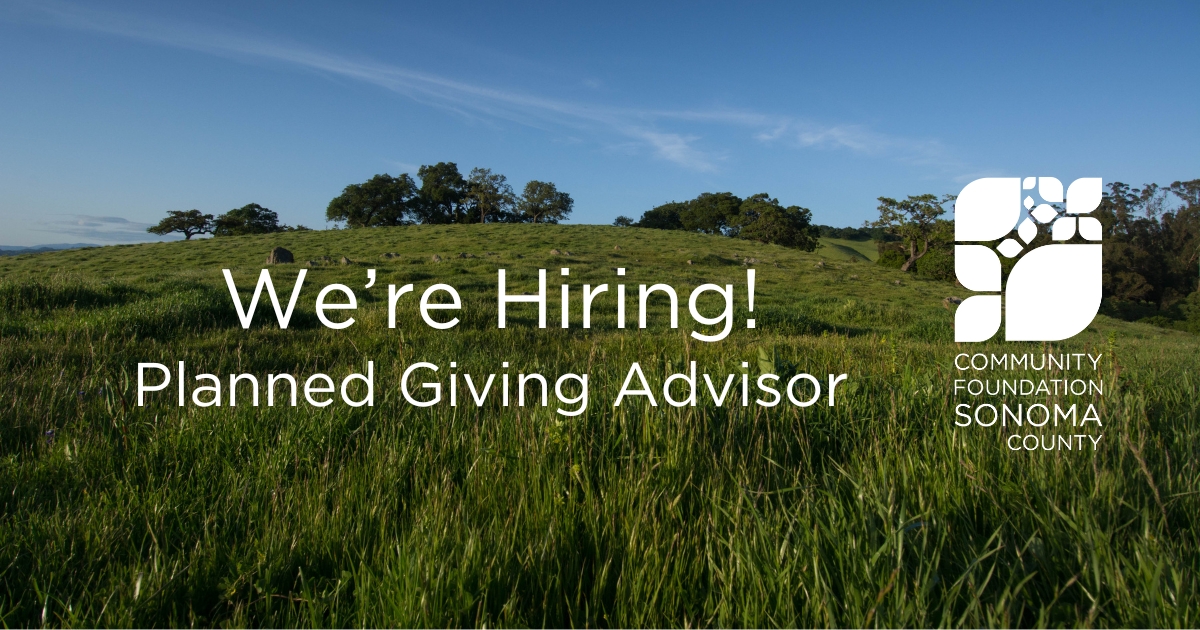Preparing for family holiday gatherings is more than determining who gets the guest bedroom and who gets the sofa. It is more than finding gluten-free dessert recipes and the frenzy of assembling complicated toys at the last minute.
Instead holiday family gatherings are an opportunity to develop new traditions and strategies for doing good in the world.
With the help of our philanthropic colleagues across the country, we are sharing several meaningful ideas and activities for families to approach the busy holiday season with humanity and gratitude.
- Express Gratitude Like any habit, gratitude can be cultivated. Ask family members to share three things they are grateful for each day or during special gatherings as the meal begins. The goals of the exercise is to shift the emphasis away from receiving presents and to witness how parents, aunts and uncles model their expressions of gratitude. Feel free to build this practice into a time of day that works best for your family, whether at the dinner table, at bedtime or when you wake up. Over time, you’ll notice that you and your family start to wear “gratitude glasses,” and seek out the things in each other to be grateful for.
- Record Stories for Posterity It’s never too early to capture the stories of loved ones during their lifetimes. As the research by Marshall Duke and Robyn Fivush tells us, children who know their family narratives tend to have greater self-esteem, and children who have internalized the ups and downs of their predecessors demonstrate greater resilience; they discover that if their family members can weather highs and lows, they can too. (Hint: 21/64’s Legacy Resource List, the Grandparent Legacy Project or the StoryCorps’ app can help.)
- Pay It Forward For each gift received over the holidays, encourage your children, grandchildren, nieces or nephews to pay it forward by giving away one present for every one received. For example, for every new toy, sort out one from the toy closet to give to a child in need. You could also expand the definition of “gifts” beyond tangible presents to include gifts of time, notes, compliments and hugs, so whoever receives such a gift learns to pay it forward and give one to someone else. They may discover they enjoy the giving as much as the receiving.
- Ask: What is the Greatest Gift You’ve Ever Been Given? This is one of those powerful questions that flips the script by getting family members to both ask this questions and answer it. Talk about the experience of giving and receiving and not just the things one does in terms of giving or what one receives. As Ron Lieber says in his book, The Opposite of Spoiled, you can inspire generosity by speaking about how much you’ve been given and what that did for you. Check out his website to learn more about the benefits of not over-indulging kids during the holidays. And if you didn’t see Kristin Nelson’s series about this book and the impact on her family, check it out.
- Give Directly to People We would argue that nothing feels better than giving. For a relatable way to contribute funds as a family at the year’s end, log onto a website like DonorsChoose.org where you can select the classroom, location and type of supplies you want to donate to a teacher trying to run a special project that her school budget doesn’t cover. Or visit a site like Heifer International where you can pay for an animal donation to a farmer in the developing world so that she can start a business and feed her family from the milk or eggs that the animal supplies.
- Craft Your Giving Plan for Next Year Use some of the down time around the holidays to reflect on what’s most meaningful to you and whether you’re embracing that in your everyday life. Talk to Community Foundation Sonoma County to use the Motivational Values Cards or Picture Your Legacy cards at a family meal or to use on your own and prioritize the values that most motivate you and the vision you aspire to live out, respectively. Ask yourself: Am I living these values? Am I living the vision of my life I see illustrated by the cards? What might I need to put in place next year to achieve this vision? How might I give of my time, talent, treasure and ties to live in alignment with my values? What do I need to put in place to live a fulfilling and meaningful life? Who do I need to help me put this plan in place so that I can effectively help others? (Community Foundation Sonoma County staff are here to help!) Based on your answers, determine your next steps.











